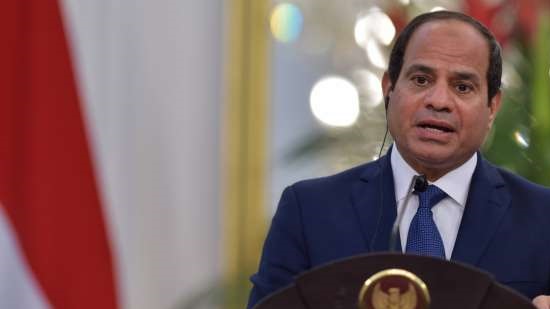Egypt’s Supreme Investment Council on Tuesday approved a host of measures to boost investment that included an extended suspension of capital gains tax on shares and tax exemptions for producers in strategic sectors.
Egypt has been trying to attract investment to restore growth since an uprising in 2011, which ushered in protracted political turmoil and scared away tourists and foreign investment – its main sources of hard currency.
The council, set up by President Abdel Fatah al-Sisi last month and chaired by him, approved a total of 17 measures, Sisi’s office said in a statement.
The government had imposed a 10 percent tax on capital gains from shares in July 2014 as part of efforts to boost a severely strained budget, but froze it for two years in August 2015. Tuesday’s statement said the freeze would be extended for three years, though it was not clear if this was from now or from the intended end in 2017. Government officials could not be reached for comment.
The measures also included wide-ranging tax exemptions for farmers and manufacturers who produce strategic crops or goods that Egypt imports or exports.
There were also new ways to settle tax disputes and to reduce bureaucratic barriers to investment, notably by introducing temporary manufacturing licenses while factories complete paperwork, and forcing government agencies to grant licenses or settle disputes faster.
“The Supreme Investment Council aims to review the state’s investment policies, … remove all obstacles facing investors, and … improve the investment climate,” the statement said.
The prime minister, the central bank governor and the finance, defense, interior, investment, trade and justice ministers all sit on the council, along with the chief of the General Intelligence Service.




